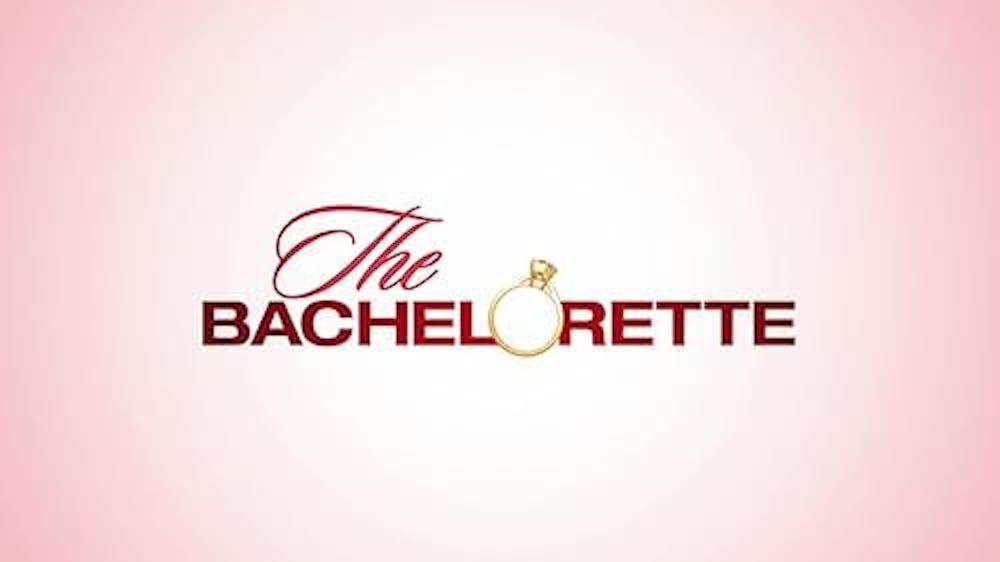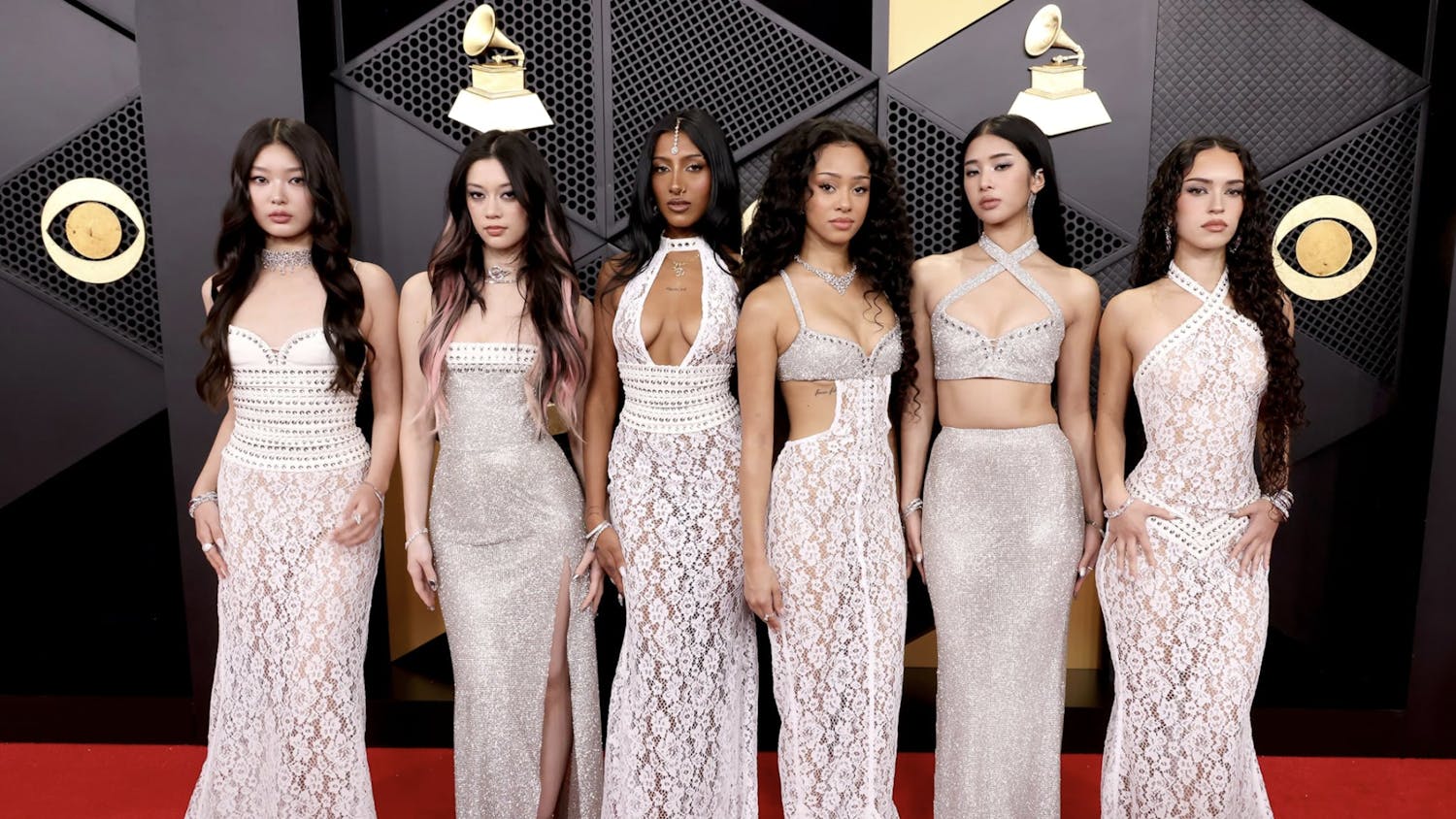By Brinda Patel
Correspondent
In a world of scripted theatrics, reality TV has dominated the entertainment industry since the 1940s. Before channels like MTV, TLC or Bravo became popular reality TV channel lineups, PBS was the first to give America a taste of this genre.
Since 1970, PBS has maintained a well-renowned reputation for broadcasting innovative material that does not pressure advertisers or eliminate important sponsors. A show called “An American Family” aired on the channel from January to March 1973, and featured the Loud family. Interestingly, this show had the country divided due to its transparency about many household issues and inclusion of topics such as sexuality, divorce and financial struggles.
In the 70s, it was very uncommon and frowned upon to speak about these matters aloud. For some time, this show revolutionized how real people should be represented on-screen. But as the years progressed, reality TV made many controversial changes.
Reality TV took the mainstream by storm in the late 1990s and early 2000s with shows like “The Real World,” “Survivor,” “The Bachelor,” “American Idol” and “Desperate Housewives.” Whether it’s enduring crude social experiments or aspiring to become famous, these types of shows provide a riveting escape for viewers seeking an adrenaline buzz.
Although reality TV isn’t fully unpredictable, every show’s weekly cliffhanger leaves audiences on the edge of their seats with goosebumps. The genre is so diversified that it caters to almost every walk of life. No one person has the same preference or sense of whim. Viewers are captivated and even inspired by the “genuine” display of vulnerability exposed by real people on screen.
The harsh reality, however, is that it is all a facade that crosses most ethical boundaries. Drama is the lifeblood of reality TV. Whether it’s jealousy, betrayal or heated rivalries, the television industry thrives from the chaos.
Almost every scene is partially scripted to cause more tension, and even a subtle comment can be edited into something offensive. What draws viewers in the first place is the promise of excitement.
But, reality TV has been around long enough for one to realize that every performance is hollow and fabricated.
Using “The Bachelor” and “The Bachelorette” as examples, these shows come off as scripted because of their heavy editing. Some contestants are even deliberately hired to fulfill the role of each particular season’s villain. This year, the villain of Joey’s season was Jess Edwards. However, the most notable villain that stands out in Bachelor and Bachelorette history is Luke Parker.
This contestant was so toxic that he seemed almost inhumane. It was as if he was prompted to say certain things to Hannah, that season’s Bachelorette, or to react in ways that fit the narrative the producers wanted him to play out. Almost everything he did rendered Bachelor Nation speechless.
“I didn’t know I was being portrayed as the villain,” Parker claimed in a podcast interview.
What happens behind the scenes of reality TV is only known to the contestants and the showrunners. It’s important to keep in mind that there is always more than one side to a story, but in this case, nearly all of the season’s 33 contestants characterized Parker as the villain.
Many media personalities have had their right to privacy violated and their personal lives exploited for the sake of ratings. There is not enough talk in the press about how far-fetched and emotionally damaging these types of shows can be. Viewers are set up for failure from the start. For example, they may believe that a contestant's sexist behavior and emotional abuse are typical attributes in reality game shows and dating shows because it’s all part of the competition.
The popularity of reality TV has been hard to ignore; especially for well-established shows that have been around since the early 2000s. The norm of reality TV is to witness tears, jealousy and physical rage, emotions which are then exploited and heavily edited.
Every TV show’s success depends on what piques their viewer’s interests. When push comes to shove, reality shows will replace comedic bits with vulgar content just to keep their audiences on their toes.
With this, inflexible casting makes many people feel unseen and insecure. From the jump, reality TV has been notorious for promoting thinness as the normal image of a captivating star. There have been studies done about how this affects the general public, and the results are very upsetting. Viewers of these cult shows are prone to eating disorders and body dysmorphia.
People come in many different forms, and reality TV showrunners should be more compassionate about this matter.
Reality television is an insincere business that inspires a more selfish society. Although it has no real value to human society, reality shows lead viewers to project what they see on-screen to their real lives. Reality TV can make life look very easy or hard; but in reality, it’s all about balancing all aspects of your life to be a well-rounded individual.







